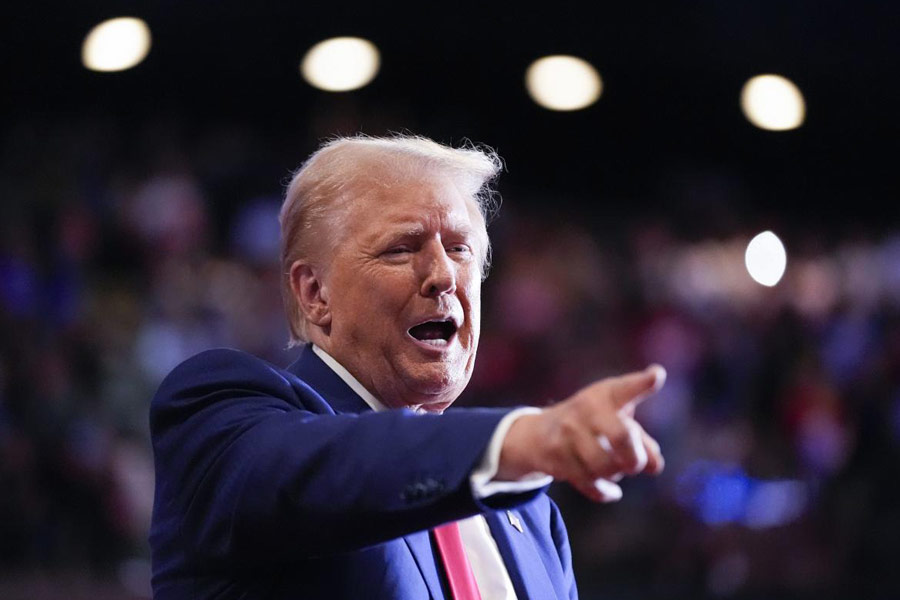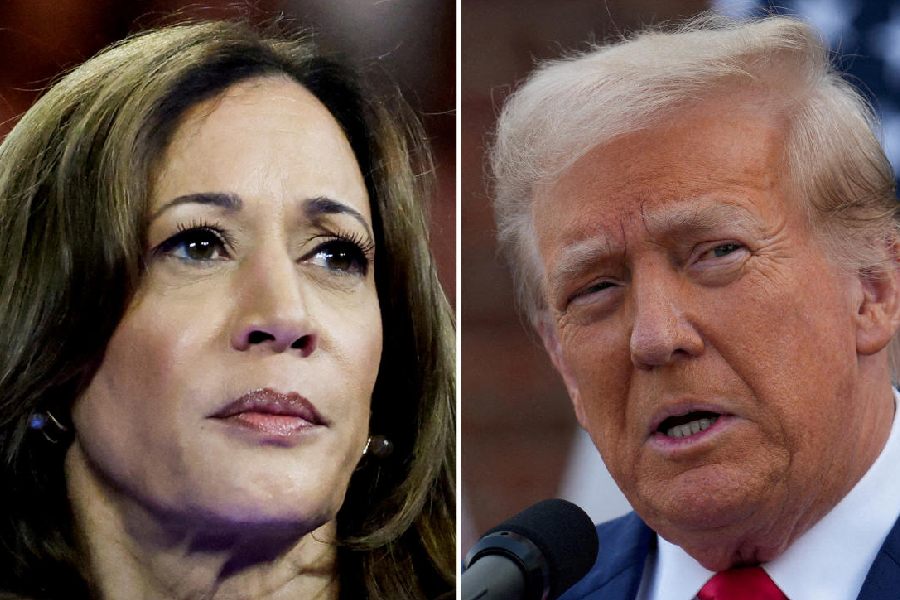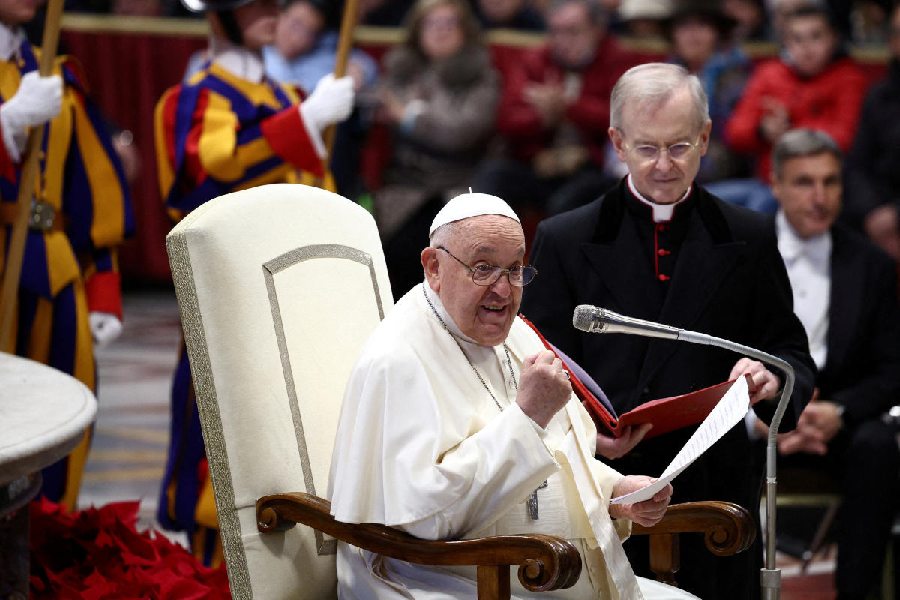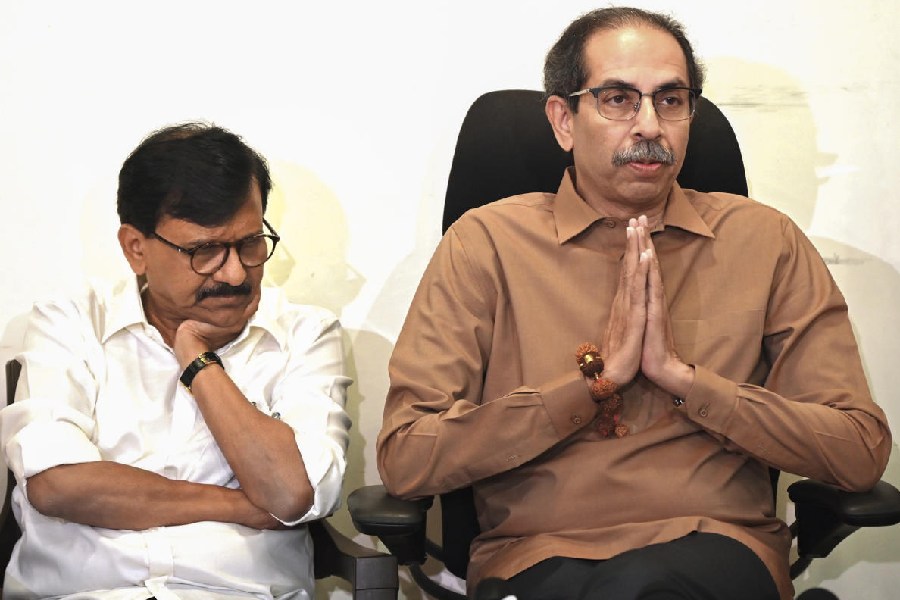Republican presidential candidate Donald Trump has pledged to lower taxes on U.S. citizens living abroad, in his latest attempt to lure voters before the Nov. 5 election in which he is locked in a tight race with Democratic Vice President Kamala Harris.
Why it's important
Both Trump and Harris have in recent weeks made economic pledges to woo voters. Harris has said she will aim to pass a middle class tax cut, while Trump has advocated cutting taxes on overtime pay. Both candidates have supported eliminating taxes on tips.
Key quote
"I support ending the double taxation of overseas Americans," Trump said in a statement from his campaign. The Wall Street Journal was the first to report Trump's plans. The statement offered no specific details on how he would go about this policy.
Context
Americans living or traveling outside the United States are required to file income tax returns, estate tax returns, and gift tax returns and "pay estimated tax in the same way as those residing in the United States," according to the U.S. Internal Revenue Service.
The U.S. has tax treaties with a number of foreign countries that already allow reduced rates and exemptions. Americans abroad do not have to pay U.S. taxes on their first $126,500 in earned income and are eligible for some foreign tax credits, according to the IRS.
Claiming the foreign tax credit can let individuals effectively reduce their U.S. tax liability and avoid double taxation on the same income earned internationally.
By the numbers
About 4.4 million U.S. citizens lived abroad as of 2022, according to data from the Federal Voting Assistance Program. About 2.8 million of those were eligible to vote in their former states.












